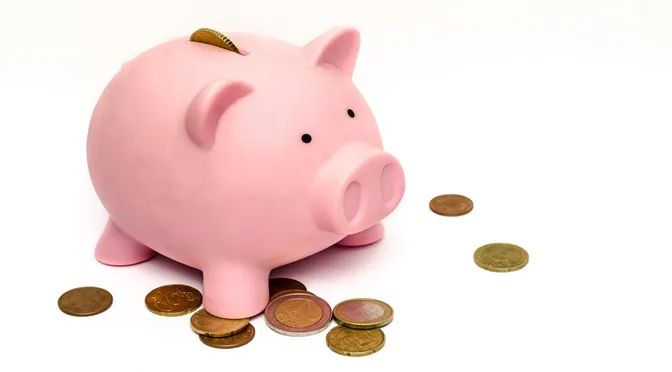
When Should You Start Teaching Your Kid About Finance?
July 2018
by Andrew Rombach, guest contributor
Being a parent is a hard job. You’re essentially teaching your child every single thing they’ll need to know in order to function successfully in what can be a confusing, conflicted world. One topic that’s often overlooked is finance. It’s such a wide topic, with an incredible amount of material to cover. Teaching your kids to handle money responsibly is a critical aspect of your child’s later success, but how do you know when to start talking about finance with your child?
Parents who start too early could find themselves trying to explain concepts to a child who simply doesn’t understand them. Those who start too late may end up trying to curb bad money habits that have already taken root. Teaching your kids about finance, however, is not a one-time talk, or a pressured conversation. It’s a lifestyle and series of lessons, broken up over time, that are both easy to understand and age-appropriate.
Easy Lessons to Implement Early On
When your child is young (up to age 10), you can start with very simple concepts. While they won’t turn your child into a financial whiz overnight, the concepts will get your kids started thinking about money and how it’s used.
Take your child to the grocery store and show them that each product has a price. Teach them how to compare prices on the different products, or different brand names. You can even give them a small amount, such as $5, and show them how to buy the most number of things with their money. You can get them a toy cash register and have them pretend to run a store. As they play with the cash register they can learn to make change, and start understanding how much each coin is worth and how it breaks down into other coins. There are plenty of games to play when it comes to financial lessons.
You can also start them with a piggy bank at this age. If you choose to reward them for small chores such as picking up their toys, you can have them contribute the coins to their bank. Talk about a goal they may have in mind, such as a toy they want, and have them draw a picture of it to post above the bank. This way, they’ll be reminded of what they’re saving for, and it will help them stay motivated.
More Advanced Lessons to Implement Later
As your child grows, you’ll be able to build on those early concepts. Once they understand how money works, they can start learning to budget for themselves and continue to save for things they want. They can also do jobs within your neighborhood to earn money, such as mowing lawns or shoveling snow. They’ll learn that the best way to get money is to earn it, and they’ll be building not only financial sense but a work ethic as well.
Getting them started learning about investments is also a good idea as they get older. You can play a mock stock investment game, in which you use play money to make investments and teach them about how the stock market works. You can also get them started watching companies that make things they’re interested in, such as publicly traded video game or toy companies, to show them how the company’s stock goes up or down when new games come out. Your child can start seeing the relationship between stock prices and his own hypothetical investments.
How to Get Your Kid More Involved Later On
As early teenagers or even pre-teens, they can learn the basics of balancing a checkbook and savings account—and the differences between them. When you pay your bills each month, involve them in the process so they can understand not only how to do so, but also to get an understanding of how much average monthly living expenses cost, and what goes into managing a household’s finances.
You can also teach them about credit as teenagers, and impress upon them the importance of managing credit in a healthy way. Show them how a credit report works, and all the things in their lives that their own credit report can affect. Depending on your own comfort level, you may also allow them to be authorized users on your own credit card, in an effort to let them start using credit under responsible supervision.
The world of finance can be overwhelming to a young adult who is just starting out on their own. Far too many people find themselves in crushing credit card debt, overextended finances, or with poor spending habits. By starting your kids off early, you’ll be teaching them how to handle money responsibly, not just while they grow up, but as adults long after they leave home. Breaking up your kids’ financial education into age-appropriate blocks will make responsible financial decisions a way of life for them, and set them up for success as they get older.





